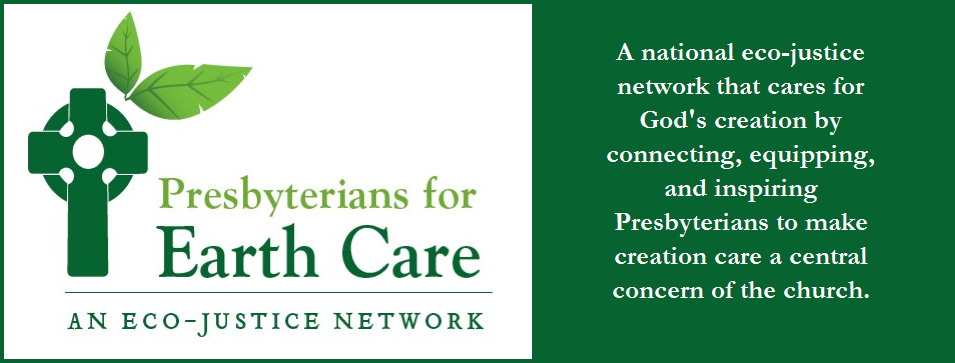Why I Attend PEC Conferences
by Jim Dunning
by Jim Dunning
PEC member Jim Dunning has attended PEC conferences since 1996 and tells his story about why he goes and why you should too! The early bird registration discount ends on July 9 for this year's conference.
 |
| Jim Dunning (2nd from right) attending the 2013 PEC conference at Ferncliff Camp and Conference Center. |
I recently registered for the upcoming PEC Conference to be held at Stony Point, New York. This will be my 10thconference. I have found over the years that they are a great inspiration and a big help as I engage with the environmental issues of our time within my church and in my community.
I attended my first conference in 1996 at Ghost Ranch. My pastor and I were discussing my recent career switch. I was wondering if my new position as an environmental engineer for a Native American Tribe was doing something important and if so, to whom and for whom? Was this new career and new job a part of my faith walk?
The conference purpose was to study a position paper that was to be presented to the General Assembly being held in Albuquerque. I spent four days hearing and studying what the Eco-Justice Task Force had written for this presentation. To me, this was one of those mountain top experiences that had a significant effect on my thinking of my role as a Christian. This experience helped me understand my career change and was the impetus to my becoming involved with the Presbyterians for Earth Care program.
In the conferences that followed there was always a new topic, a fantastic speaker, a new way of relating the environment to my faith and to my church community. There were new friends and connections made. There were new trails to walk, off-site trips, and new songs to sing during devotions. There was also the after worship evening discussions. One in particular involved a group sitting on the front porch of the lodge at Silver Bay, NY and discussing the future of churches with Rick Ufford-Chase, then Moderator of the General Assembly.
Each conference provided me with new energy and a new connection to our earth and to my faith.
I attended my first conference in 1996 at Ghost Ranch. My pastor and I were discussing my recent career switch. I was wondering if my new position as an environmental engineer for a Native American Tribe was doing something important and if so, to whom and for whom? Was this new career and new job a part of my faith walk?
The conference purpose was to study a position paper that was to be presented to the General Assembly being held in Albuquerque. I spent four days hearing and studying what the Eco-Justice Task Force had written for this presentation. To me, this was one of those mountain top experiences that had a significant effect on my thinking of my role as a Christian. This experience helped me understand my career change and was the impetus to my becoming involved with the Presbyterians for Earth Care program.
In the conferences that followed there was always a new topic, a fantastic speaker, a new way of relating the environment to my faith and to my church community. There were new friends and connections made. There were new trails to walk, off-site trips, and new songs to sing during devotions. There was also the after worship evening discussions. One in particular involved a group sitting on the front porch of the lodge at Silver Bay, NY and discussing the future of churches with Rick Ufford-Chase, then Moderator of the General Assembly.
Each conference provided me with new energy and a new connection to our earth and to my faith.
